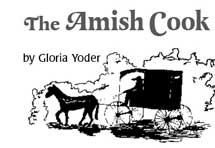Definitions given are for a few words and terms that I hear, use, write, speak, and question – especially when used by others I see and hear on TV, in the store, on the street, on the radio, and sometimes right in my face. I’m not going to alphabetize them because life rarely comes in…



